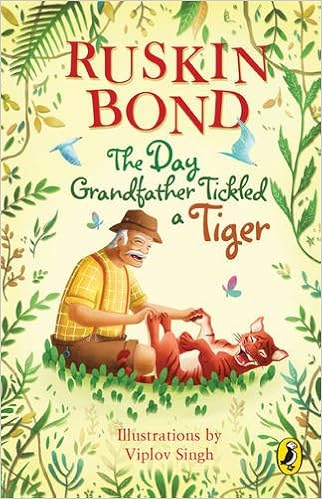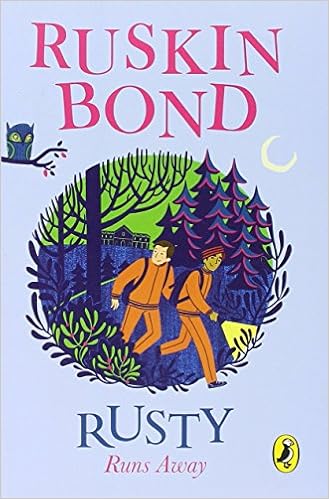Self-care is the new mantra of 2018 because you can’t feel healthy and happy without some quality time with yourself. While everyone’s self care differs, we recommend adding yoga into your self care routine because of a plethora of benefits and enriching qualities. For instance, Yoga is an ideal workout for anyone because it’s quiet, meditative and requires very little interaction with other humans. And if practised sincerely and regularly, yoga can cure anything from anxiety to back pain.
So if you are a beginner or an expert, commit yourself to regular yoga this yoga day and let these informative books about yoga and natural healing be your guide.
Patanjali’s Yoga Sutra by Shyam Ranganathan

Patañjali’s Yoga Sutra (second century CE) is the basic text of one of the nine canonical schools of Indian philosophy. In it the legendary author lays down the blueprint for success in yoga; now practised the world over. Patañjali draws upon many ideas of his time; and the result is a unique work of Indian moral philosophy that has been the foundational text for the practice of yoga since. The Yoga Sutra sets out a sophisticated theory of moral psychology and perhaps the oldest theory of psychoanalysis.
Laughter Yoga by Madan Kataria

Laughter yoga is a revolutionary idea: simple and profound. A practice involving prolonged voluntary laughter, it is based on scientific studies that have concluded that such laughter offers the same physiological and psychological benefits as spontaneous laughter. This comprehensive book by the founder of the laughter yoga club movement, Dr Madan Kataria, tells you what laughter yoga is, how it works, what its benefits are and how you can apply it to everyday life.
Hair Yoga : Caring for your hair the right way by Jawed Habib

There are two things that are common to most people: we all want gorgeous hair and we all have at least one hair issue. From styling celebrities to running one of the most popular salon chains in India, Jawed Habib is undoubtedly someone you can trust with your hair. In Hair Yoga, Jawed takes you back to the basics of hair care and tackles all of your hair troubles. Packed with tips and remedies, this is the ultimate book to take hair health into your hands so that you have a good hair day, everyday.
The Essence of Yoga by Osho

In this book Osho explains how, through yoga, one can attain the grace of the body and of God. He talks about crucial concerns of love, marriage, faith and contentment. It is a perfect blend of ancient wisdom and contemporary knowledge.
Textbook of Yoga by Yogeswar

In the past few years, the popularity of yoga as the ultimate key to fitness, both physical and mental, has resulted in a plethora of books, videos and audio tapes designed to guide a learner through the various asanas prescribed by the Yogasutra. The Textbook of Yoga goes one step further: it is the one book that tells you not merely how to practise an asana the right way, to maximum effect, but also explains how best to share your knowledge and teach others the theory and practice of yoga. It is like a textbook in its approach: lesson by lesson, you are introduced first to the basics and then to the more advanced levels of practice. Alongside the text, the illustrations allow you to understand exactly how the body should be moved and positioned without fear of error or injury.
Own the Bump by Payal Gidwani Tiwari

Motherhood is a life-changing event in a woman’s life. Keeping in mind the fast-paced lives of nuclear families and sometimes unhealthy lifestyles, Bollywood’s most celebrated yoga expert, Payal Gidwani Tiwari, brings to fore the importance of preparing the body and soul for such a change. From pre-pregnancy to post-natal, Gidwani utilizes her age-old knowledge of yoga and provides essential advice to take care of oneself before, during and after the birth.
Body Goddess: The Complete Guide on Yoga for Women by Payal Gidwani Tiwari

Bollywood’s most celebrated yoga expert, Payal Gidwani Tiwari comes to your rescue. From the basics of yoga to their practical application in our day to day life–Payal’s essential mantras guarantee not just weight loss but also promise a healthier lifestyle. Designed for all age groups, this book comes enriched with easy to follow exercise regimes and invaluable tips. Body Goddess is indispensable for every woman who wants to look and feel like a diva.
Book of Woman by Osho

Osho talks about various issues like motherhood, relationships, family and birth control. Questioning the concept of marriage, he says it is the ‘ugliest institution invented by man’ as its aim is to monopolize a woman. He is equally critical of the institution of family which ‘corrupts the human mind’. A woman, he says, should not imitate man.
Book of Man by Osho


Everyday Ayurveda by Bhaswati Bhattacharya

Time is scarce and precious in today’s world and we seek solutions that are quick. While allopathic medicine tends to focus on the management of disease, the ancient study of Ayurveda provides us with holistic knowledge for preventing disease and eliminating its root cause. Dr Bhaswati Bhattacharya takes you through a day in the life of Ayurvedic living.
From XL to XS: A fitness guru’s guide to changing your body by Payal Gidwani Tiwari


Autobiography of a Yogi by Paramahansa Yogananda

The story of a personal and spiritual awakening, Autobiography of a Yogi is a seminal work that continues to aspire and change millions of lives. In his wise, accessible and gentle manner, Paramahansa Yogananda has demystified ancient traditions like yoga and meditation; he imparts truths that are instructive and enriching; and he offers comfort and counsel. From Steve Jobs to the Beatles and Ravi Shankar, Autobiography of a Yogi has been a companion to all those who seek to lead a more spiritual, content life.
























































 Her smile did hug us!
Her smile did hug us! Just like the Runaway Bunny’s mum.
Just like the Runaway Bunny’s mum. Bliss.
Bliss. 

















